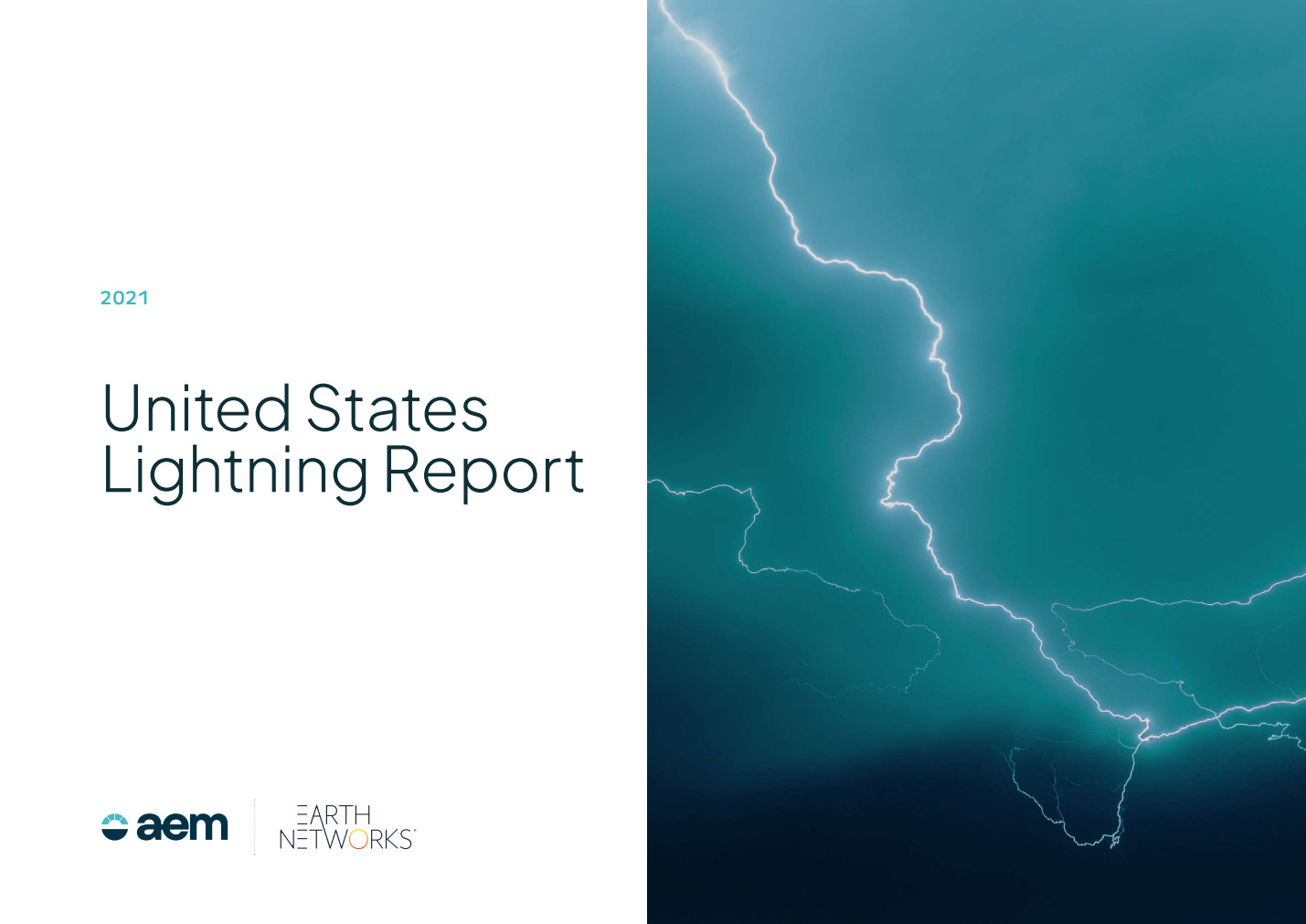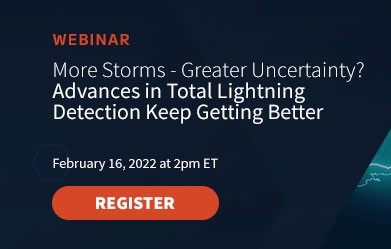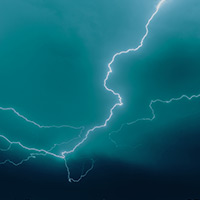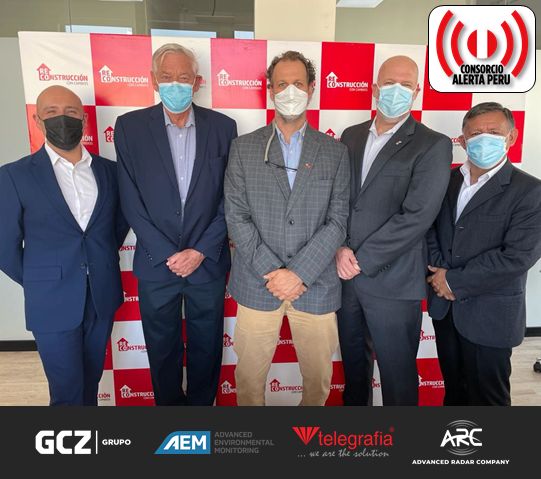Ask the Experts - Emergency Management
Emergency management professionals have a lot of different risks to worry about. They also have a plethora of solutions to consider. In this Ask the Expert series, we interviewed some of the top leaders in the emergency management field. Here, they share critical insights on weather, technology and their effects on emergency management.
Claire B. Rubin
 Claire B. Rubin, the "Recovery Diva," has nearly 40 years of experience in emergency management and homeland security. While running her own disaster research and consulting firm since 1990, Ms. Rubin seeks to bring attention to the long-term recovery process after a disaster occurs. Over the years, Ms. Rubin worked as an independent researcher, consultant, practitioner, and educator.
Claire B. Rubin, the "Recovery Diva," has nearly 40 years of experience in emergency management and homeland security. While running her own disaster research and consulting firm since 1990, Ms. Rubin seeks to bring attention to the long-term recovery process after a disaster occurs. Over the years, Ms. Rubin worked as an independent researcher, consultant, practitioner, and educator.
Other notable accomplishments of Ms. Rubin include co-founding and moderating the Facebook page "Instructors of Emergency Management at the High Education Level," editing the popular textbook Emergency Management: The American Experience, 1910-2010, and co-founding and serving as the managing editor for The Journal of Homeland Security and Emergency Management. To learn more about Ms. Rubin's extensive and successful career, please visit her website.
Weather-Related Challenges
Earth Networks: What do you think are the biggest weather-related challenges that Emergency Management professionals face on a daily basis?
Claire B. Rubin: In 2016 U.S. communities experienced record costs ($53B) from extreme weather and climate disasters, according to a recent report from the Center for American Progress. Ideally, the rising costs of such disasters should be met with more investment in community preparedness and resilience. Emergency management staff should next educate citizens about the range and likelihood of the hazards, threats, and risks in their community. For example, in coastal communities, efforts should be made to inform residents and businesses about special risks and possible mitigation measures.

Also, owners/managers of critical facilities in the community should work with local public officials before disaster hits – as the saying goes, “A disaster is not the time to exchange business cards.”
Technology and Social Media

Earth Networks: What role do you see data and technology playing to help mitigate these challenges?
Claire B. Rubin: I'm not a technology expert. Although, I understand that there are many new data collection and sharing mechanisms that help public officials predict and measure many weather-related challenges.
Additionally, professionals in the field of emergency communications are increasingly using social media for warning and response efforts. Accommodating that new medium requires many changes in systems and practices.
Advice for Others
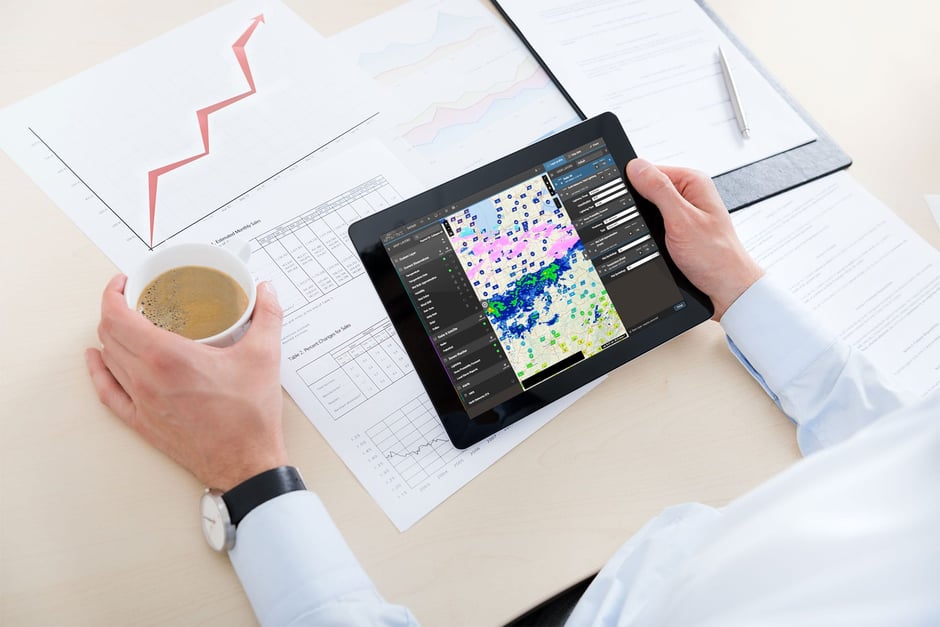
Earth Networks: What advice would you give to other Emergency Management professionals to help them work through these issues?
Claire B. Rubin: Emergency Management professionals will have to be more proactive in their efforts to acquire new, validated scientific findings. These will help them anticipate, prepare for, and mitigate weather and climate-related hazards and threats. Federal agency assets and assistance in these fields will shrink and/or be less robust/reliable from a scientific standpoint.
Emergency management agencies must assume a greater role regarding mitigation and preparedness in order to maintain their capacity and effectiveness. Other potentially helpful sources for these agencies are universities and professional associations and societies. Some businesses may be a source of technical help and/or volunteer manpower.
Learn More
To learn more about Claire, visit her blog or business website.
Two other leaders in the field, Patrice Cloutier and Lucien Canton, sat down with us to share their insights as well. Please click their names to read their contributions to this Ask the Experts series.


